Megha Subramanian
Exploring the Benefits of Domain-Pretraining of Generative Large Language Models for Chemistry
Nov 05, 2024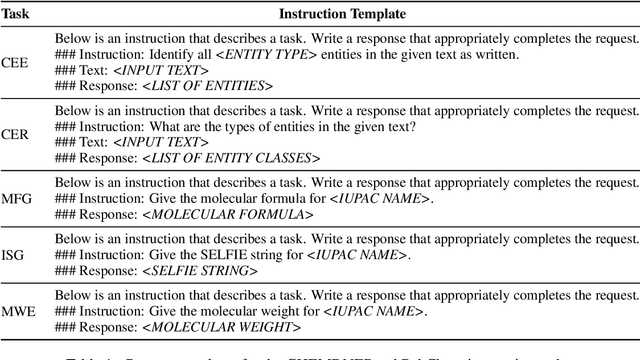
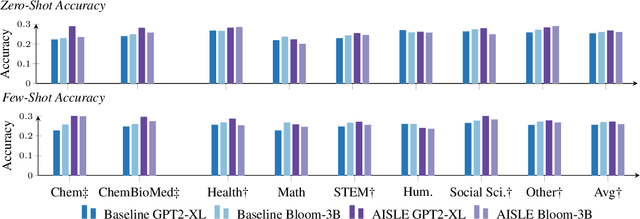
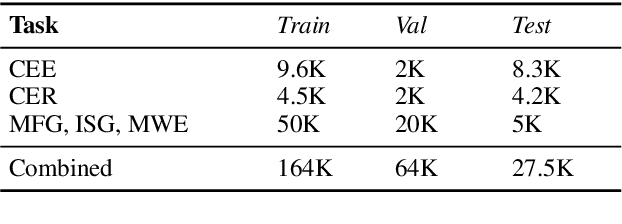
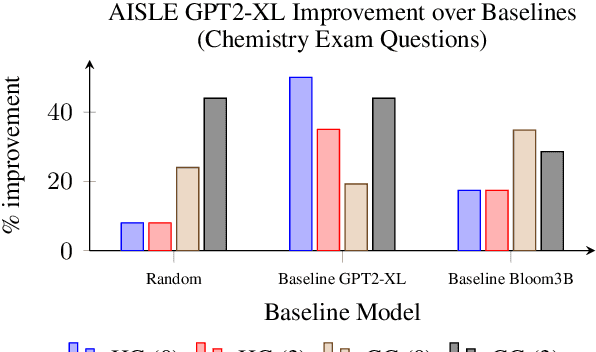
Abstract:A proliferation of Large Language Models (the GPT series, BLOOM, LLaMA, and more) are driving forward novel development of multipurpose AI for a variety of tasks, particularly natural language processing (NLP) tasks. These models demonstrate strong performance on a range of tasks; however, there has been evidence of brittleness when applied to more niche or narrow domains where hallucinations or fluent but incorrect responses reduce performance. Given the complex nature of scientific domains, it is prudent to investigate the trade-offs of leveraging off-the-shelf versus more targeted foundation models for scientific domains. In this work, we examine the benefits of in-domain pre-training for a given scientific domain, chemistry, and compare these to open-source, off-the-shelf models with zero-shot and few-shot prompting. Our results show that not only do in-domain base models perform reasonably well on in-domain tasks in a zero-shot setting but that further adaptation using instruction fine-tuning yields impressive performance on chemistry-specific tasks such as named entity recognition and molecular formula generation.
Lorenz System State Stability Identification using Neural Networks
Jun 16, 2021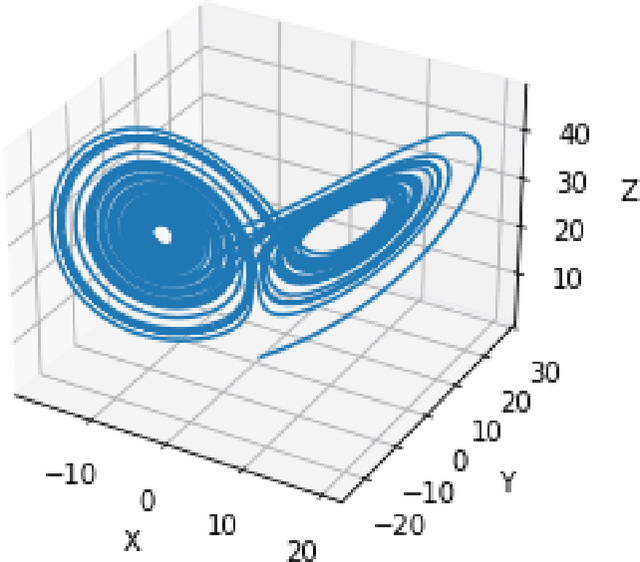
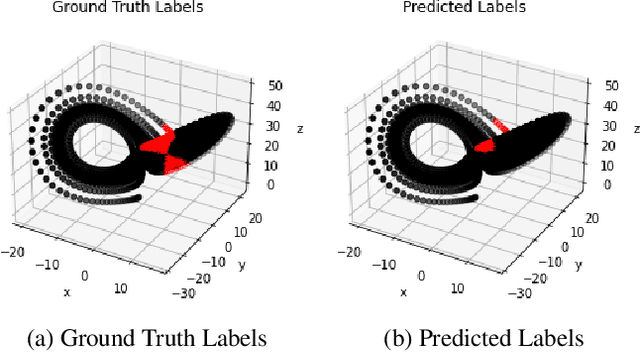
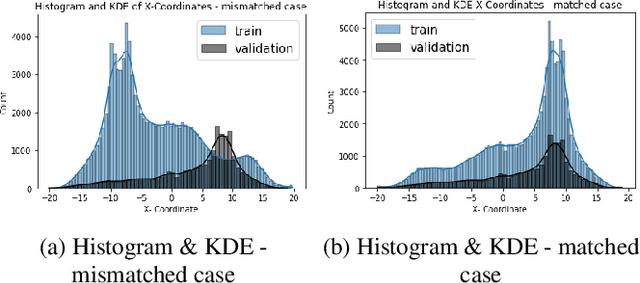
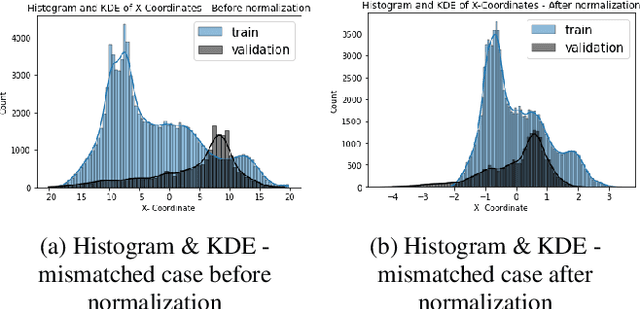
Abstract:Nonlinear dynamical systems such as Lorenz63 equations are known to be chaotic in nature and sensitive to initial conditions. As a result, a small perturbation in the initial conditions results in deviation in state trajectory after a few time steps. The algorithms and computational resources needed to accurately identify the system states vary depending on whether the solution is in transition region or not. We refer to the transition and non-transition regions as unstable and stable regions respectively. We label a system state to be stable if it's immediate past and future states reside in the same regime. However, at a given time step we don't have the prior knowledge about whether system is in stable or unstable region. In this paper, we develop and train a feed forward (multi-layer perceptron) Neural Network to classify the system states of a Lorenz system as stable and unstable. We pose this task as a supervised learning problem where we train the neural network on Lorenz system which have states labeled as stable or unstable. We then test the ability of the neural network models to identify the stable and unstable states on a different Lorenz system that is generated using different initial conditions. We also evaluate the classification performance in the mismatched case i.e., when the initial conditions for training and validation data are sampled from different intervals. We show that certain normalization schemes can greatly improve the performance of neural networks in especially these mismatched scenarios. The classification framework developed in the paper can be a preprocessor for a larger context of sequential decision making framework where the decision making is performed based on observed stable or unstable states.
 Add to Chrome
Add to Chrome Add to Firefox
Add to Firefox Add to Edge
Add to Edge